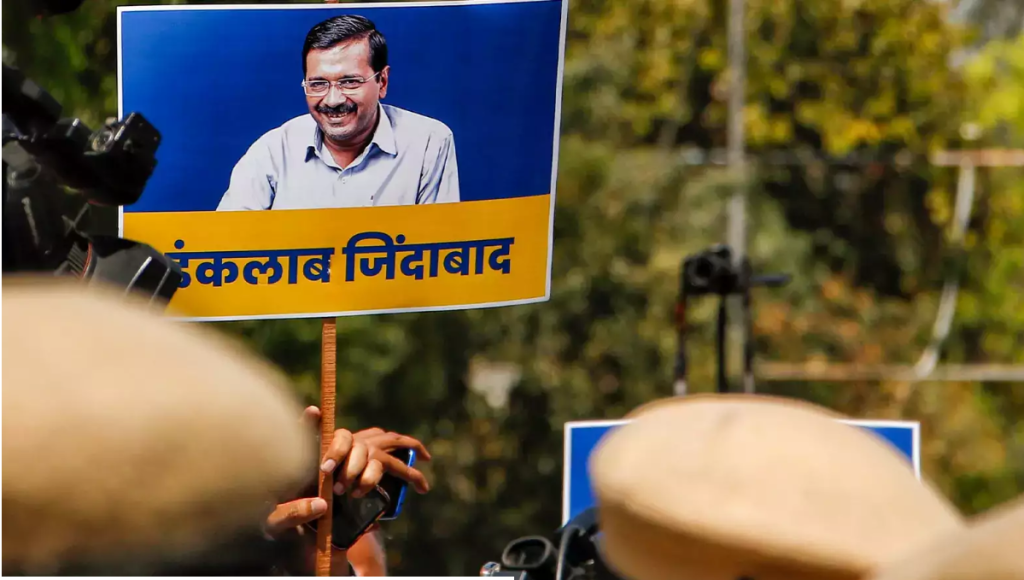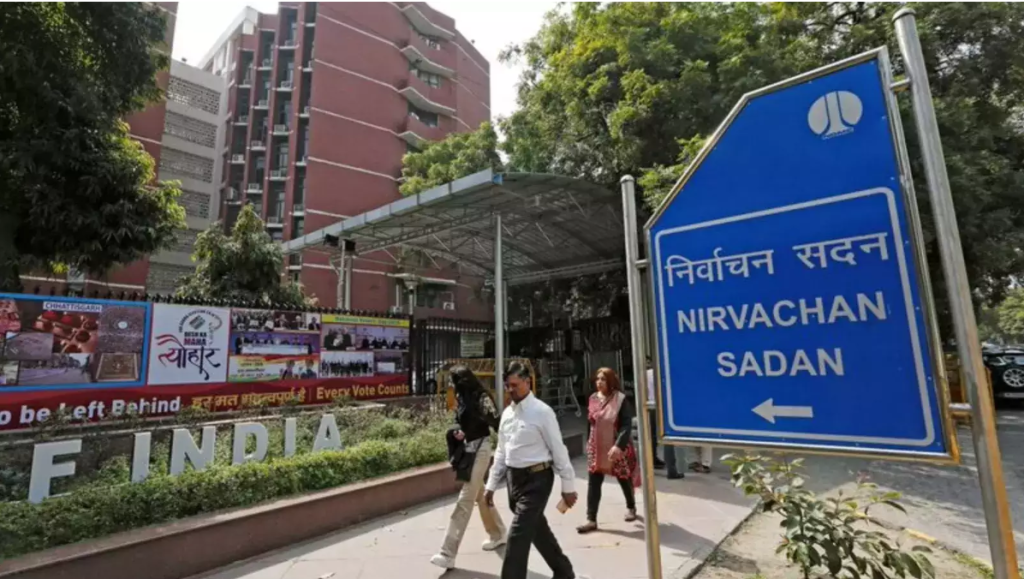Mercifully, we have a new Information and Broadcasting Minister who is intelligent, decent and clean. Mr Jaipal Reddy has done well to clarify that the new Broadcasting Bill before Parliament is only a working draft, and that he will invite widespread debate on its provisions before giving it final shape. The Bill is highly flawed in its current shape and needs extensive amendment.
There is not enough space in this column to go into the Bill in detail. I will focus on one overarching issue–the right of citizens to hear what they wish. There is no shortage of self-appointed moralists and ideologues who believe they have a right to decide what people should be allowed to be listen to. Some of these moralists claim to be champions of liberty. In fact, they represent the thought police. They are direct descendants of the self-righteous inquisitors who burned heretics at the stake to protect the public from harmful beliefs.
The freedom of speech is basic to all democracies. This freedom has no meaning if people are not allowed to hear what you are saying. This point has been upheld by the Supreme Court in the cricket association case. Like all rights, it is subject to decency and public order. Otherwise the freedom to listen must rule supreme. Please remember that ,Mr Reddy.
The thought police do not like the judgment, and want to limit and control both private Indian broadcasting and foreign broadcasting. They claim Indian broadcasting will be dominated\’ by a few rich monopolists, and accuse foreign broadcasters of cultural invasion.
Let us deal with each in turn. The notion that broadcasting places enormous power in the hands of a few moneybags is an old notion rendered obsolete by new technology. A national network may indeed cost billions, and only a few may be able to afford such high m vestment. But low-power TV transmitters with a limited range cost less than one crore rupees, and dozens of these can serve a single city. FM radio transmitters are even cheaper. So, private radio and TV channels should be allowed without limit at the local level to begin with, with only registration (as is the case with newspapers) and not licensing. Only if the demand for channels exceeds the technological limits of the air spectrum should licensing be resorted to. I suspect that in the majority of cities, the number of broadcasters will be less than the number of channels available.
Licensing should not be a first principle but a last resort. Broadcasting should not be viewed as a favour granted by the authorities, but as a fundamental right of listeners which should not be interfered with unless the spectrum proves insufficient. Only at that stage should licensing enter the picture. Mr Reddy, please note.
Satellite channels are indeed expensive, and require big budgets. But the best way of limiting their power is to have the most liberal possible regime for terrestrial broadcasting. That will actually give small local broadcasters an important advantage over the big boys, who cater only to expensive cable TV or DTH. The high cost of these systems will ensure that the big boys have n monopoly to exploit – the masses will stick to free terrestrial broadcasts by Doordarshan and private panics. Even today, the cable and DTH markets are tiny compared with Doordarshan\’s reach.
So, creating a large, complex jungle of rules for satellite and DTH broadcasting is unnecessary. Limits on equity holdings and cross-media holdings will be irrelevant if competition exists in the first place. Competition is the best regulator, which ensures there is no monopoly power to be exploited by anybody.
There will always be an important place for public broadcasting, to serve educational, social and cultural purposes that commercial channels may ignore. Doordarshan should focus on this. And cable and DTH operators can be asked compulsorily to carry the main Doordarshan channel. Such a system is infinitely better than supervision by the thought police, and will add to choice instead of subtracting from it.
When satellite broadcasting began, the thought police claimed India was in danger of being culturally colonised by Star TV. Today, they look pretty stupid -Star TV is watched by barely 5 per cent of viewers. The Bold and Beautiful simply cannot compete with the charms of Madhuri Dixit, and the would-protectors of Indian culture stand exposed as totally out of touch with ordinary people. Pakistan TV broadcasts the most virulent propaganda to viewers in Delhi, who simply shrug it aside. So much far the danger to national security. Indians are not a bunch of gullible fools needing protection from foreign invasion.
An invasion, by definition, is forced entry. No foreign broadcaster can force any Indian to tune in -the Indian can switch off or move to anther channel at will. Foreign broadcasting is no invasion, it simply increases consumer choice (and reduces the reach of the thought police).
As a liberal, I favour foreign participation in Indian broadcasting. The thought police claim that while Indians are entitled to freedom of speech, foreigners are not, and should be kept out. This misses the point of the Supreme Court judgment, that the freedom to listen is a fundamental extension of the freedom to speak. If an Indian is prevented from listening to a channel he wants, even a foreign- owned one, his fundamental eights are curtailed no less than if he himself is prevented from speaking.
The case for allowing foreigners in broadcasting rests not on the right of the foreigner to broadcast in India, but on the right of the Indian listener to hear what he wants. This point is ignored in much of the debate on broadcasting.
During a TV debate I once had with a CPM politician, he said’ Do we need foreign broadcasting? Let the people decide in a referendum.\’ He thought this was a democratic solution. In fact it is positively fascist.
Democracy is about minority rights no less than majority rights. This is particularly true of fundamental rights. Suppose we have a referendum on \’Do we need the CPM?’ The answer would almost certainly be \’no\’ – the party has little support in most of the country. But would that be a democratic reason to baa the CPM ? Not at all. In a democracy, people have the fundamental right to form a political party no matter how few their number. Fundamental rights are not majority rights established by a referendum. They apply even to a minority of one.
The freedom to listen is such a fundamental right. Let that not be drowned by the raucous thought police, Mr Reddy.




